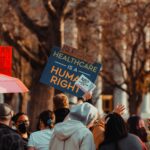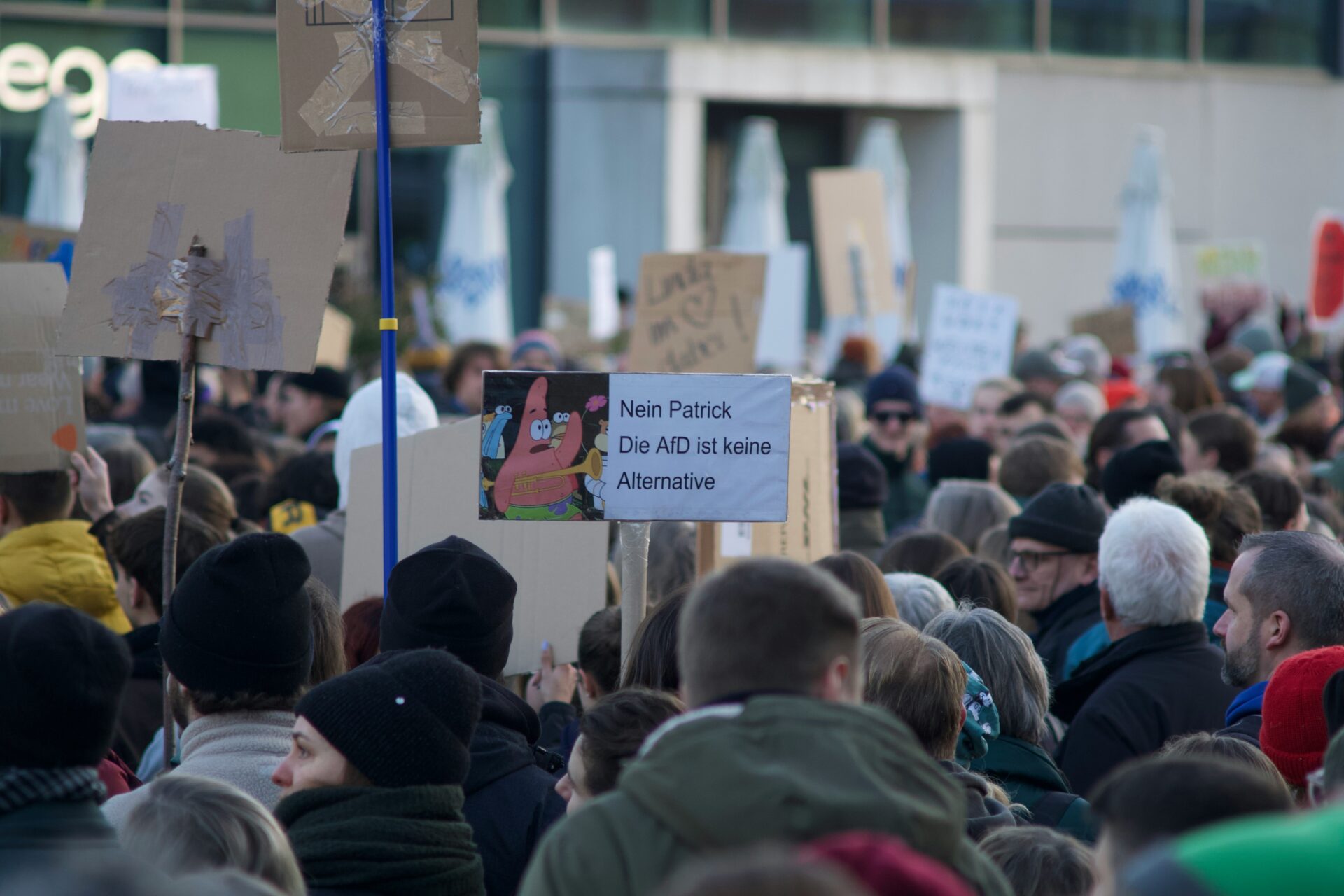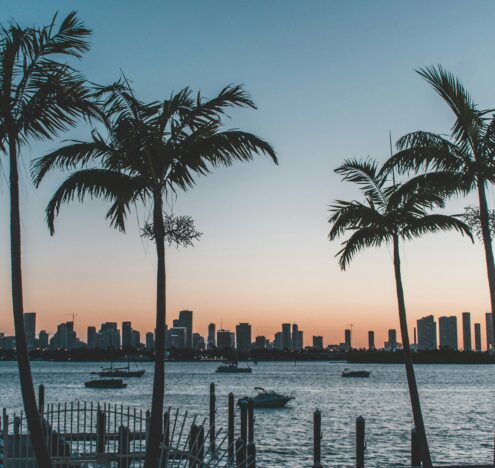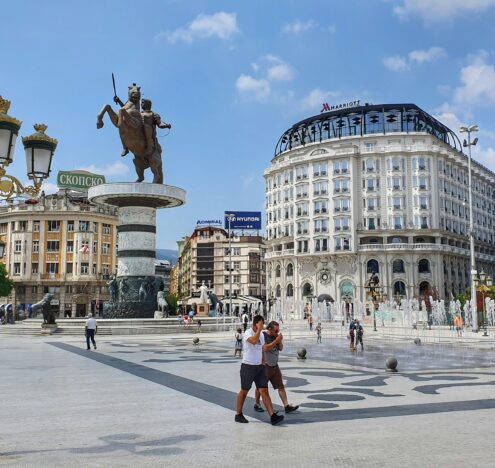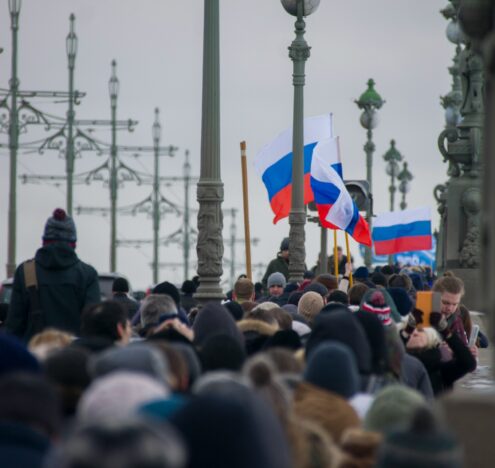Place is core to populist radical right movements — or is it? And, if it is, what, exactly, does that mean? That is the question before Kai Arzheimer and Theresa Bernemann in their paper, “‘Place’ does matter for populist radical right sentiment, but how? Evidence from Germany,” published by Cambridge University Press.
The authors identify four aspects of “place” that underpin current research: attitudes, like localism (the feeling of belonging to one’s locality) and resentment (perceived regional exclusion); specific living conditions; socio-demographic makeup; and local characteristics like culture and local history. The authors also wondered how these four qualities relate to and interact with one another.
The study focused on how these four aspects mattered to the populist radical right in Germany, which they deemed well-suited to this type of research. Germany is a large European country, and the authors felt their findings should be applicable to other European countries.
But Germany has been united for almost as long as it was divided. There are no parties campaigning for regional independence. Further, Germany has a constitutional commitment to addressing inequality between regions. This, the authors felt, would make evidence of geographic polarization especially interesting.
Place
The authors stressed that their aim was two-fold: both to better understand what researchers mean by “place” and the role of “place” in relevant literature and to find out which of the relevant aspects of place matter most.
With the exception of Berlin, areas of former East Germany showed especially high concentrations of resentment.
The authors used fine-grained geocoded data from before the 2017 election and found “considerable spatial variation and clustering” in populist radical right attitudes. And socio-demographic makeup and resentment accounted for a good deal of this. With the exception of Berlin, areas of former East Germany showed especially high concentrations of resentment.
Meanwhile, resentment was especially low in the more prosperous south. Socio-demographic composition basically operated as expected (men are slightly more Islamophobic, authoritarian, and populist than women, per this study). The authors acknowledge that “this composition is difficult to alter by political means in the short term,” but say that “this finding highlights the need for long-term demographic policies and structural planning.”
German Paradox
Localism, on the other hand, mattered less to populist radical right attitudes, and was especially high in Thuringia and low in the rural west. Interestingly, there was no relevant interaction between localism and place resentment. In other words, it was not the case that people who felt that they strongly belonged to their locality also felt strongly that their locality was excluded. Nor was there evidence of unique culture or history of individual places having an effect. They also found that location in former East Germany mattered a great deal, whereas other place-specific conditions, like migration or demographic decline, had no or weak effects.
The authors came across a kind of German paradox: billions of euros go every year to less advantageous areas, many of which are in the east, meaning that, objectively, regional disparities are comparatively small. But this has not closed the disparity in how strong the pull of populist radical right sentiment is for different regions.



